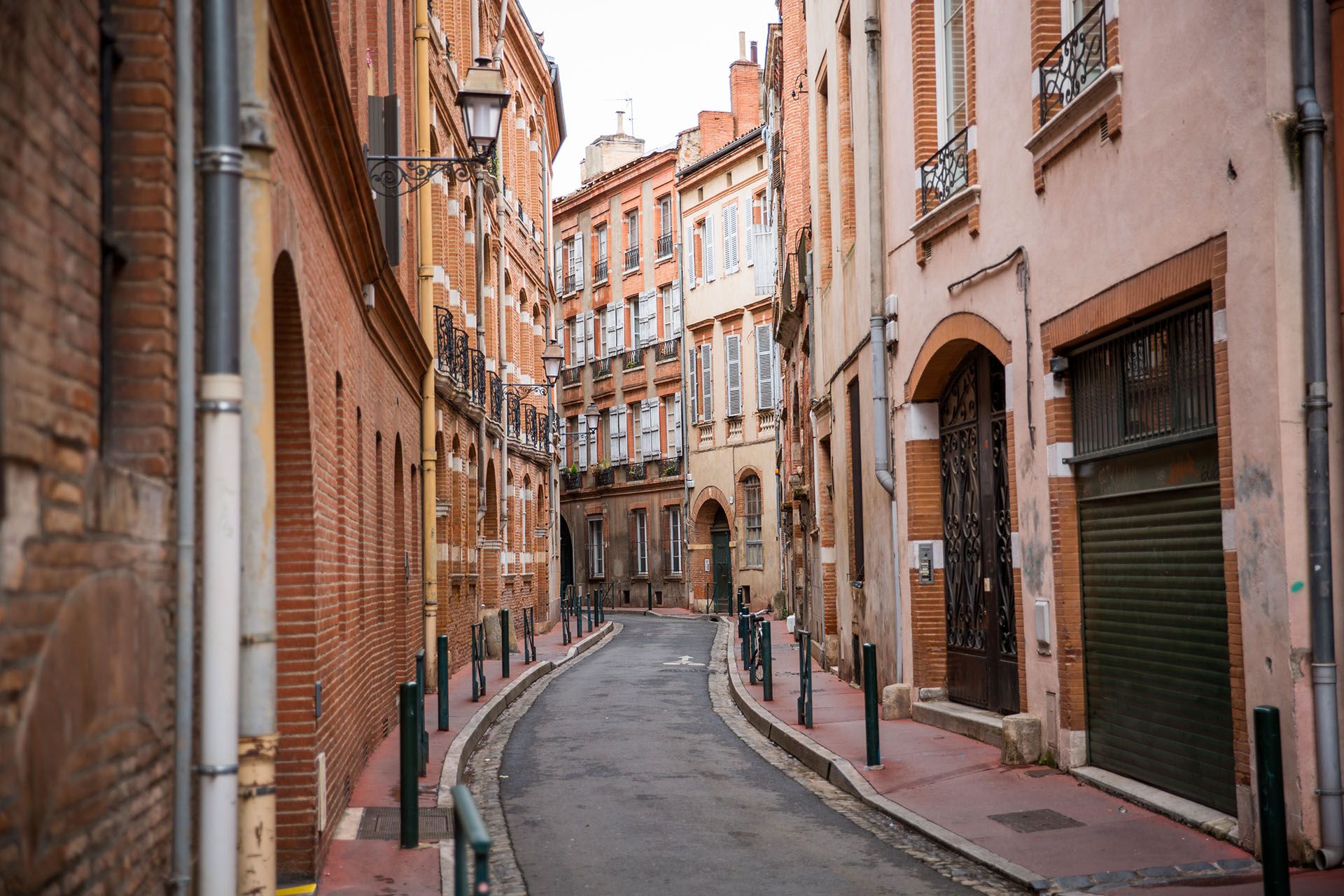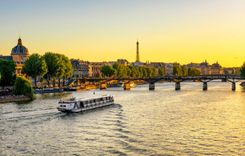Where to stay in France: From budget to luxury
France doesn’t do “cheap” all that well – but it does offer value if you know where to look. You won’t find hammock hostels or $10 dorms, but you can sleep affordably without ending up in a soulless chain hotel on the ring road.
Budget stays usually mean hostels in bigger cities, chambre d’hôtes in the countryside, or no-frills hôtels in small towns. Dorm beds start around $30-35 (€28-33), with basic private rooms from $65-90 (€60–85). Think shared bathrooms, peeling wallpaper, and maybe a killer croissant from the bakery next door.
Mid-range is where France hits its stride. For $110-180 (€100-165), expect boutique hotels, converted farmhouses, or modern apartments with a boulangerie downstairs. In rural spots, this might include a pool and breakfast with local jam and baguette still warm from the oven.
Luxury goes from château stays to Riviera villas. From $220 (€200) and up, you're talking Michelin-starred dining, vineyard views, and concierge types who’ll book you into a private Louvre tour or sunset cruise on the Seine. Quiet indulgence – with excellent wine.
Best accommodation types in France
France has its own rhythm when it comes to places to stay. You might end up in a 17th-century farmhouse with blue shutters and geese in the yard, a Parisian garret with a dangerously sloped ceiling, or a stone-walled chambre d’hôtes where breakfast is homemade brioche and strong coffee. It’s not the cheapest destination – but it’s rarely boring.
Here’s what to expect from the main types of accommodation in France.
Auberges de jeunesse and budget guesthouses
From $35 (€32) per night
French hostels (auberges de jeunesse) aren’t party spots – they’re calm, clean, and often beautiful. Expect bunk beds, shared kitchens, and maybe a courtyard strung with fairy lights. In rural areas, small guesthouses run by locals offer basic private rooms and lots of local knowledge – where to get the best chèvre, or which river is swimmable in September. Shared bathrooms and dodgy Wi-Fi are part of the deal – so is character.
Hôtels économiques
From $60 (€55) per night
Often found near train stations or autoroutes, these no-frills hotels (think Ibis Budget, Première Classe) are made for function, not flair. You’ll get a clean room, en-suite bathroom, and maybe a vending machine with Orangina and pre-wrapped croissants. Breakfast is extra – and usually just bread, jam, and coffee. No charm, but no surprises either.
Chambres d’hôtes and mid-range hotels
From $120 (€110) per night
This is where France starts to show off. A chambre d’hôtes is the French answer to a B&B – part family home, part small inn. You might get stone floors, lavender in the garden, and a homemade clafoutis for breakfast. In cities, expect boutique hotels with wrought-iron balconies and tiny lifts built in 1905. Not always perfect – but almost always memorable.











